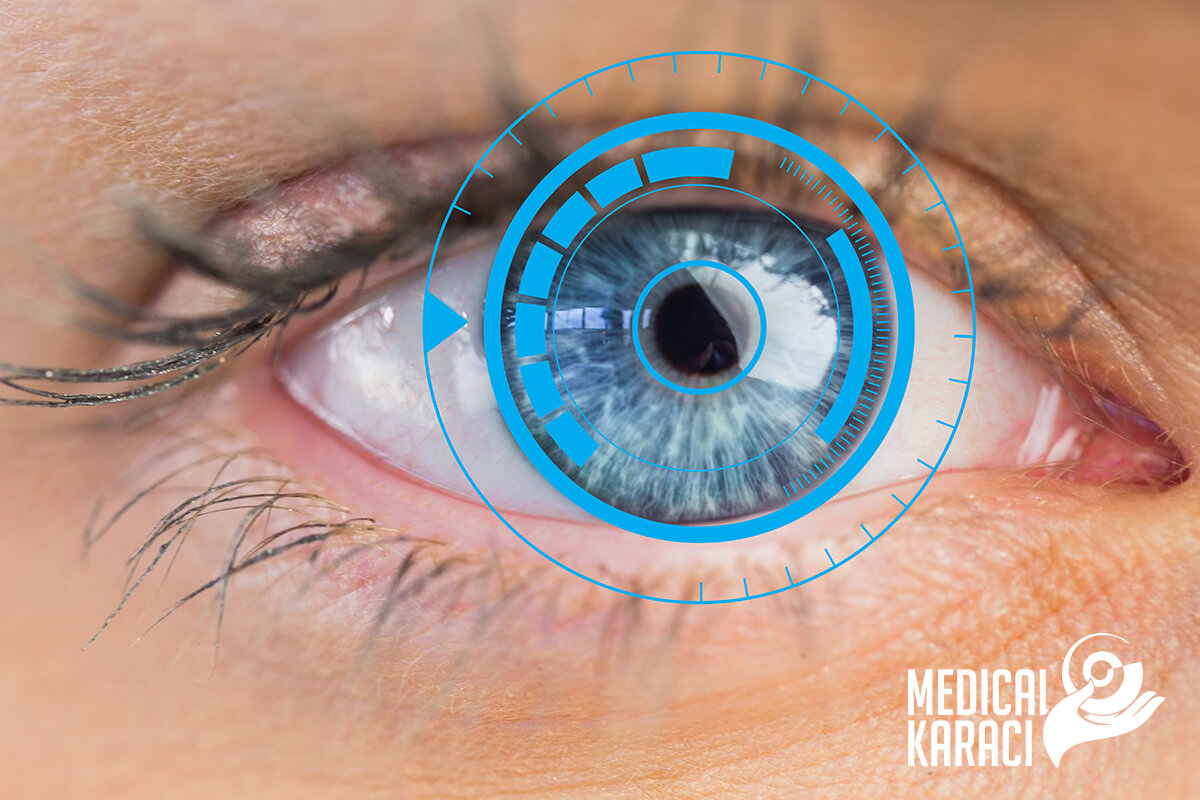Intraarterial chemotherapy (IAC) is a method of delivering concentrated doses of a cancer-killing drug directly into the effaced area of the eye. IAC is indicated as a first-line treatment for unilateral retinoblastoma (Group B, C, and D) and bilateral retinoblastoma (Group D and E) and is used as a secondary therapy for recurrent/persistent tumors or recurrent/persistent subretinal seeding.
IAC in retinoblastoma originally appeared in 1958. Selective ophthalmic artery infusion with 97.5% was first introduced in 1998 with technical success. The method introduced in 2006 and currently used is superselective intraophthalmic arterial chemotherapy and allows direct catheterization of the ophthalmic artery using a guidewire.
Against a fatal childhood tumor:
Retinoblastoma originates from the layer of nerve tissue that covers the back of the eye (retina) and forms 3% of all childhood cancers. If left untreated the disease leads to death. Until the 1990s, the standard treatment was radiation therapy or surgical removal of the removed eye entirely (enucleation). Treatment outcomes have improved by expanding the range of treatment options to include direct chemotherapy to the area of the tumor. With IAC and combination with other treatments, the survival rate for children with retinoblastoma is close to 100% and many of these children retain vision in both eyes.
High accuracy with short treatment periods:
In IAC, the chemotherapy dose is released into the ophthalmic artery, the main blood supply in the back of the eye. Thus, systemic distribution of chemotherapy and adverse side effects are minimized. In most cases, three IAC treatments are administered, four weeks apart.
Advantages of IAC:
- Effective treatment of advanced retinoblastoma when used as either primary or secondary (after trying other methods) therapy
- Avoids enucleation more successfully compared to systemic chemotherapy
- Shorter duration of treatment
- Minimizes systemic toxicity compared to intravenous (systemic) chemotherapy as the tumor receives a higher dose of chemotherapy directly
- May resolve partial retinal detachment that may be seen in advanced retinoblastoma
- Has a high success rate when performed by qualified and experienced physicians
- Does not compromise patient survival
For more information, we at Medical Karaj are at your service.
Call us on the following numbers "Medical Karaj": 0879 977 401 or 0879 977 402.
Also keep an eye on our constantly updated Facebook content.








